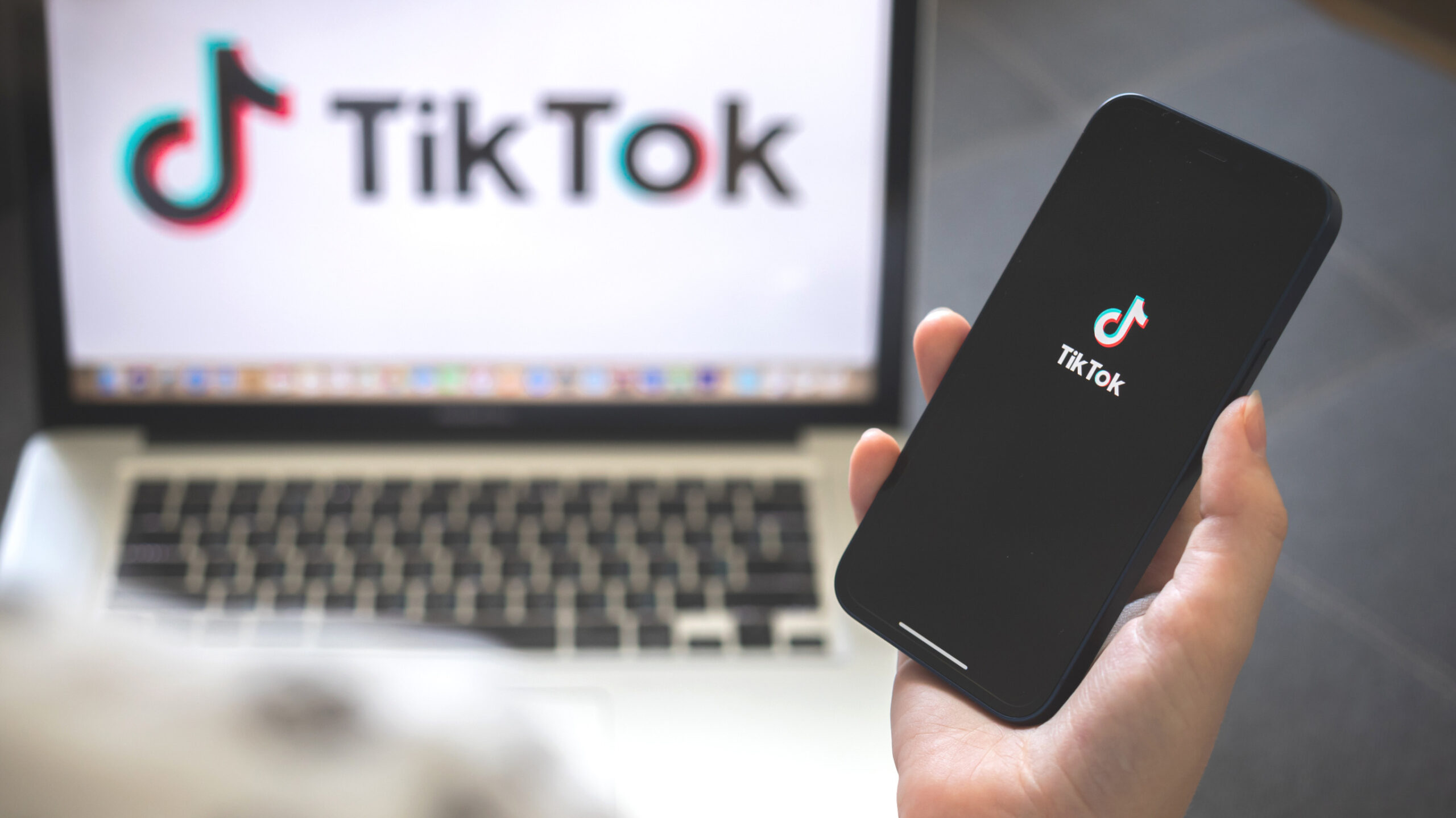Montana has recently made headlines as the first state in the United States to pass legislation banning the popular social media app TikTok. Governor Greg Gianforte signed the bill into law, which prohibits mobile application stores from offering the TikTok app within the state starting next year. This move marks one of the most significant escalations in the ongoing scrutiny of TikTok, which is owned by the Chinese tech company ByteDance. The ban raises concerns about the app’s potential national security threat due to its ties to China.
The Ban’s Implications for TikTok Creators
TikTok, a widely-used social media platform with a staggering user base of over 100 million in the United States, has undeniably gained immense popularity. However, the recent ban enforced by Montana’s legislation has sparked concerns regarding its repercussions on content creators heavily dependent on the platform to connect with their audience.
TikTok creators have voiced concerns over the potential loss of their audience and the inability to engage with their followers effectively. There is no doubt that many have built their careers and businesses through TikTok’s platform, and a ban could have a significant economic and social impact on their lives. Thus, the ban has highlighted broader discussions about the role of social media platforms in the digital landscape.
Montana’s New Law and Penalties
Starting from January 1st, a newly enacted law will prohibit the downloading of TikTok within Montana’s borders. This legislation goes beyond a simple ban and adds a hefty fine of $10,000 per day for any entity, be it app stores or TikTok itself, if they facilitate access to the platform or offer the app for download. It’s, however, important to note that these penalties do not apply to individual users. Naturally, this law is expected to face legal challenges, and its outcome will serve as a litmus test for similar measures that legislators in other states may contemplate. The ensuing legal battles will likely revolve around the constitutionality of the ban and whether it infringes upon the First Amendment rights of individuals.
Is the Ban Constitutional? Public Opinion and Criticism
There is significant opposition to the ban. Critics argue that it exceeds the legitimate boundaries of government and encroaches upon personal liberties. They claim that Montanans can easily bypass the ban by utilizing virtual private networks (VPNs), which would grant them access to TikTok. Moreover, these critics view the ban as a form of censorship that restricts the availability of constitutionally protected online speech. The American Civil Liberties Union (ACLU) of Montana, in particular, has voiced its concerns about the ban, asserting that it tramples upon the free speech rights of hundreds of thousands of Montanans who rely on TikTok for self-expression, gathering information, and running small businesses. NetChoice, a trade group representing Google and TikTok, has also joined the opposition, contending that the ban violates constitutional principles.
On the other side of the debate, the proponents of the ban argue that placing a ban on TikTok is essential for security reasons. They share the concerns that are prevalent among many lawmakers, the FBI, and other officials. According to this view, TikTok could potentially grant the Chinese government access to information about American citizens or be used to disseminate pro-Beijing misinformation with the aim of influencing the public. In a statement, Emily Flower, a spokesperson for the Montana Department of Justice, expressed the view that the Chinese Communist Party is exploiting TikTok as a means to spy on Americans by gathering personal information.
Thus, the opinions regarding the ban on TikTok in Montana are diverse. It remains to be seen how the legal and constitutional challenges will unfold and whether other states will follow Montana’s lead.
